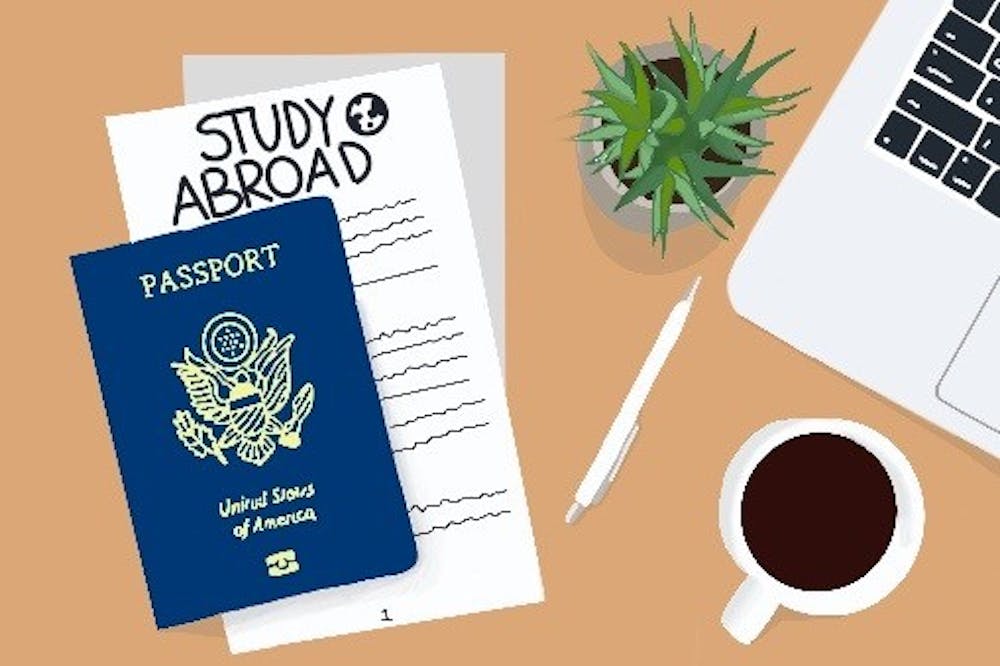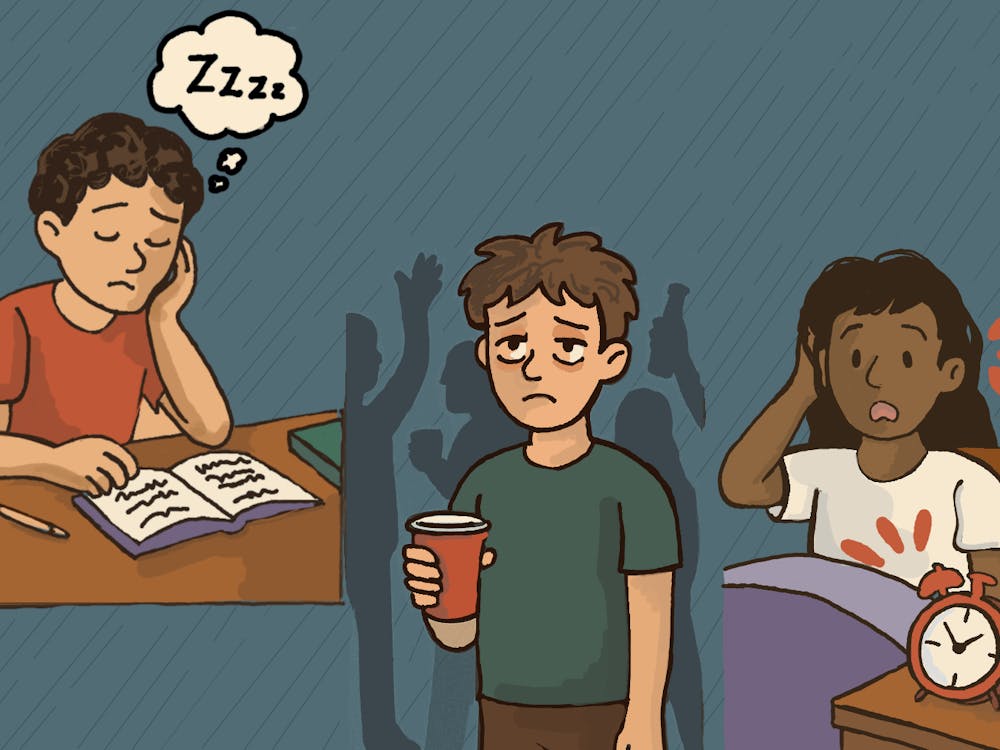Are you ready for the trip of a lifetime? Imagine smelling the delicious aroma of pizza on the streets of Italy or camping in the mountainous desert of Jordan. Ten simple ideas can help turn this dream into a reality, so fasten your seatbelts and get ready to travel the world.
- Make an advising appointment
Before you decide to jump into the long process of applying to study abroad, make an advising appointment with an education abroad advisor. These advisors are specialists in the field of international education, and they can help you evaluate program options that match your goals and are catered to your specific interests. You can make an appointment in either a virtual or an in-person format to discover what program is best fit for you.
2. Learn about your major or minor
Although you are not restricted to studying abroad on the programs listed in your major or minor, enrolling in a program that strongly matches your major or minor will ensure that the program will give you the right credits that will help you meet your graduation requirements. Courses at certain institutions abroad are not automatically approved for major or minor credit at the University, so if there is a class you are really interested in, take a minute and go through what classes fit in with your major or minor.
3. Take the education abroad workshop
One of the things I found most helpful when I applied to study abroad was taking the Education Abroad Workshop. This is a 30-minute module that provides an introduction to education abroad at the University. It outlines the program options available to University students, the eligibility criteria, the goal-driven principles of program selection, financial aid information and more. I had the opportunity to study abroad in Valencia, Spain and the workshop allowed me to learn a lot about its culture, language and even climate.
4. Contact a returning student
After reading all there is to know about your future destination experience, nothing is better than talking to someone who experienced it firsthand. The University’s Education Abroad website provides a Returnee Contact List, where you can see the name of the returning student, their specific school at the University, their major and which program they attended. Talking to a student might give you more insight on what you expect before you actually board that flight.
5. Plan your finances
Planning your finances is a key step when preparing for an experience abroad. It might feel overwhelming to absorb all of the information that comes with living in a different country. But the University’s Education Abroad website has an entire page dedicated to all the financial information, including financial aid, billing information and scholarships. Familiarizing yourself with all the resources is the best way you can ensure you are fully prepared to study abroad in a considerate and cost-efficient way.
6. Apply for or renew your passport
What is the one thing you can’t travel without? Clothes, yes. But, even more importantly? Your passport. If your current passport expires less than six months before your anticipated return from study abroad, you should get it renewed, as many countries will not permit you to enter if it expires soon after your departure. U.S. passport processing can take up to 11 weeks once your application is received at a passport agency or center. You can visit the State Department for more information, as well as information regarding whether or not you need a visa. On that note, always keep your passport close and safe while abroad.
7. Apply early
One of the things education abroad faculty and administrators look for is your preparedness and commitment to the program. As such, applying early is a way to show you are ready among the stream of other applicants, and it will save you from unexpected problems that could potentially arise with your application. Make sure to also understand your relevant deadlines, as some programs have rolling applications while others do not.
8. Investigate health and emergency insurance requirements
The University’s Policy on Student International Travel requires students who travel outside the U.S to enroll in the U.Va. international health and emergency assistance insurance plan through Cultural Insurance Services International. The plan covers health care costs that one can potentially incur during international travel, as well as resources for emergency assistance, including medical and security evacuation, so make sure to check out the Health and Safety page on the Education Abroad website.
9. Complete the pre-departure orientation
Prepare by completing the pre-departure orientation modules, which address cultural, academic and logistical preparation measures. The modules include a detailed checklist of things for students to do before, during and even after their time abroad. In my own experience, culture shock was bigger than I had anticipated, but I think this orientation successfully prepared me for what was to come.
10. Get excited
There is a lot that goes hand in hand with studying abroad. A lot to prepare for, a lot of documents to complete and a lot of scheduling. But take it from me — studying abroad can be one of the most exciting times of your college life. You are about to embark on an adventure where you will learn important skills, make new relationships and eat different types of food. So get excited and take every opportunity to open your mind to new experiences, customs and people.







